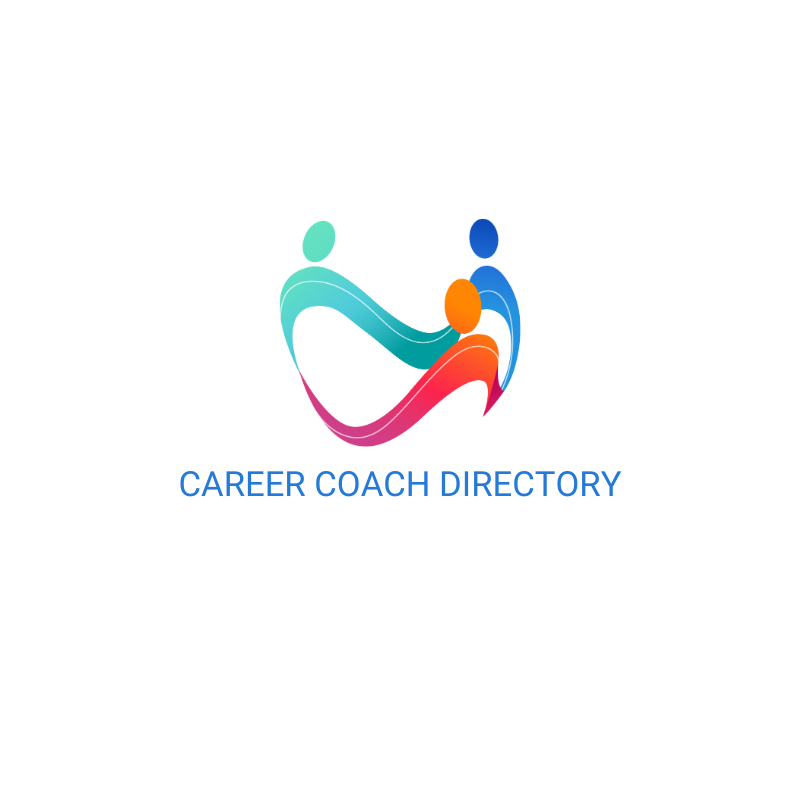Frequently Asked Questions for a Team Coach
FAQ: Team Coach
1. What is a Team Coach?
A team coach is a professional who partners with groups to improve collaboration, communication, and performance. They focus on aligning team goals, resolving conflicts, and fostering a culture of trust and accountability to help teams achieve collective success.
2. Why use a Team Coach instead of individual coaching or training?
- Individual Coaching: Targets personal growth, not group dynamics.
- Training Programs: Teach skills but rarely address team-specific challenges.
- Team Coaches: Facilitate group processes, uncover systemic issues, and create strategies for sustainable teamwork.
3. Who needs a Team Coach?
- Teams experiencing conflict, low morale, or communication breakdowns.
- Newly formed teams needing to establish roles and workflows.
- High-performing teams aiming to maintain momentum or tackle complex projects.
- Remote/hybrid teams struggling with engagement or collaboration.
4. How do I choose the right Team Coach?
- Group Facilitation Experience: Look for expertise in team dynamics (e.g., conflict resolution, Agile methodologies).
- Industry Knowledge: Familiarity with your sector (e.g., tech, healthcare) adds context.
- Certifications: Credentials in organizational psychology, ICF team coaching, or systems thinking.
- Approach: Do they use assessments (e.g., DiSC, Lencioni’s Five Dysfunctions) or experiential workshops?
5. What does a typical session involve?
- Team assessments to identify strengths and gaps.
- Workshops on communication, decision-making, or conflict resolution.
- Role-playing exercises to practice feedback and collaboration.
- Action plans for accountability and follow-up progress checks.
6. How much does it cost?
Rates vary by scope:
- Workshops: $1,500–$5,000+ per session.
- Ongoing Coaching: $3,000–$15,000+ for 3–6 months.
- ROI: Measured in improved productivity, reduced turnover, or faster project delivery.
7. Are there drawbacks to using a Team Coach?
- Cost: Can be prohibitive for small organizations.
- Resistance: Some team members may distrust the process.
- Time Commitment: Requires buy-in from all participants to see results.
8. Can a Team Coach help with remote teams?
Yes! Many specialize in virtual teams, addressing challenges like engagement across time zones, digital communication, and building trust remotely.
9. How do I measure success?
- Improved metrics (e.g., meeting deadlines, higher quality output).
- Enhanced team satisfaction surveys or reduced conflict reports.
- Stronger cross-functional collaboration and innovation.
10. What if some team members are resistant?
A skilled coach addresses resistance by involving the team in goal-setting, fostering psychological safety, and demonstrating quick wins to build trust.
11. How do I start?
- Identify team challenges (e.g., silos, missed deadlines).
- Seek coaches with proven frameworks for team development.
- Schedule an introductory workshop to gauge fit and impact.
Why Invest in a Team Coach?
A dysfunctional team can derail organizational success. A team coach transforms disjointed groups into cohesive units—boosting morale, efficiency, and innovation while reducing costly turnover.
Ready to Unlock Your Team’s Potential?
Career Coach Directory specializes in empowering teams to thrive through tailored coaching solutions. Contact us today https://careercoachdirectory.com/?s to build a stronger, more aligned team!
Follow us on YouTube https://www.youtube.com/@CareerCoachDirectory

